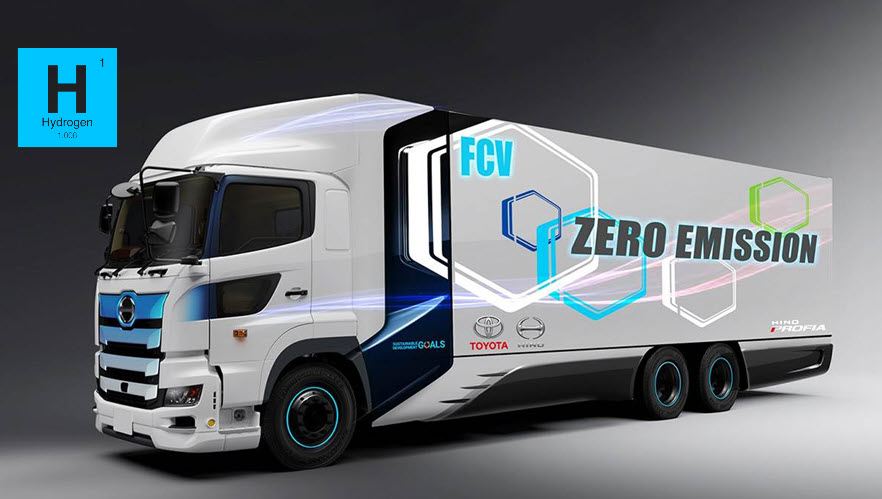
The rise of eco-consumerism significantly impacts the automobile market. Since Tesla released the first widely distributed electric car, other companies began developing eco-friendly vehicle models as well. The development of low-environmental-impact technology supports current government endeavors.
President Biden established climate change prevention measures upon entering office. He advanced sustainability standards and promoted clean energy use. We can reach national temperature reduction goals by diversifying the green vehicle industry with fuel cell vehicles.
New Government Regulations
The expansion of fuel cell vehicle production is essential to greenhouse gas emission reduction. Nearly 29% of carbon emissions derive from the transportation sector, making it the largest contributing division in the nation. Adopting climate change prevention technology can help the U.S. meet its carbon-neutral future goals.
Biden’s Build Back Better plan allocates $2 trillion to sustainable development, building green infrastructure, and supporting renewable energy employment. Reducing the impact of high- emission activities may effectively decrease high global temperatures.
Green transportation development additionally supports the Paris Agreement, which the U.S. signed in 2021. Its goal is to limit the global temperature rise to 2 degrees compared to pre- industrial levels. Both the Paris Agreement and Biden’s plan work towards carbon-neutrality and eliminating atmospheric degradation.
Fuel Cell Costs
We can utilize recent fuel cell price decreases to grow the sustainable vehicle industry. When environmental engineers and scientists diversify the low-emission transportation sector, we may reduce natural resource exploitation. The 65% decrease in fuel cell costs over the last decade supports industrial progress.
Professionals predict a continued price reduction, reaching an 80% decrease. As the technology becomes cost-competitive with conventional vehicles, we can transition society’s reliance away from fossil fuel technology towards clean energy.
Technological Advancements
Electric cars generate zero tailpipe emissions. Fuel cell vehicle engineers utilize recent technological improvements to develop even more eco-conscious transportation methods. Outside of price reductions, system enhancements improve the industry’s growth even further.
Today, fuel cell vehicles reach full capacity in under four minutes and may travel 300 miles. Their quick and convenient fueling process creates higher efficiency levels than conventional electric cars. They also contain regenerative braking technology, which generates power from friction and stores it in the battery. As the vehicle converts hydrogen into electricity, it emits water and heat rather than greenhouse gases.
Engineers are working on increasing the sustainability of the vehicles by installing additional green features. Some utilize recycled rubber tires and others add lifespan-enhancing materials. Manufacturers may seal or mold a car with liquid rubber silicone, for example. The material remains intact in all weather conditions and resists oxidation. When materials last, they reduce the need for new production.
Extended Tax Incentives
A portion of Biden’s funding helped extend sustainable technology tax incentives. Various industries, from solar to electric vehicles, benefit from this government aid. Fuel cell vehicles require a high upfront cost, and customers are more likely to make a purchase when offered a significant credit.
China also extended its tax exemption on low- or no-emission vehicles through 2022. The overall price deduction promotes an increase in industry sales. Companies can utilize their profits and improve the sustainability of their technology.
Down the Road
We can expect a societal shift away from fossil fuel-reliant vehicles towards clean energy in the coming years. Increasing the diversity of cars on the market can prevent climate change effects and conserve natural resources. Converting the transportation sector towards sustainability may also help the U.S. reach its carbon neutrality goals.


Jane Marsh, Contributor
The views and opinions expressed herein are those of the authors and do not necessarily reflect the official policy or position of Fuel Cells Works, its directors, partners, staff, contributors, or suppliers. Any content provided by our contributors or authors are of their own opinion and are not intended to malign any religion, ethnic group, club, organization, company, individual or anyone or anything.
Read the most up to date Fuel Cell and Hydrogen Industry news at FuelCellsWorks




